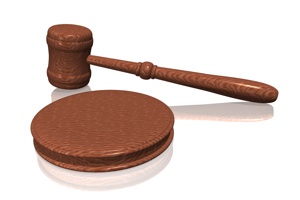Last updated April 12, 2019
 According to the U.S. Court of Appeals for the Sixth Circuit, the protections against “unreasonable search and seizure” embedded in the Fourth Amendment to the Constitution do not include GPS information collected from an individual’s cell phone.
According to the U.S. Court of Appeals for the Sixth Circuit, the protections against “unreasonable search and seizure” embedded in the Fourth Amendment to the Constitution do not include GPS information collected from an individual’s cell phone.
The case in question concerned Melvin Skinner, a convicted drug runner. After agents of the Drug Enforcement Administration went to court to get an order authorizing them to track Skinner’s phone, they began using GPS data to determine where he went. The agents had discovered his phone number during their research into drug trafficking activity. Skinner’s phone was registered to a pseudonym, but that did not matter because as soon as agents knew his number, they were able to track his whereabouts.
The agents’ efforts paid off in the form of an arrest in 2006; at the time Skinner was apprehended at a rest stop in Texas, he was in possession of an RV containing more than a thousand pounds of marijuana. Skinner was subsequently convicted of not only drug trafficking, but also of a conspiracy charge involving money-laundering operations.
The appeals court was asked to decide whether Skinner had a “reasonable expectation of privacy” when it came to data transmitted by his cell phone. This is the standard test that courts apply in order to determine if the Fourth Amendment should prohibit a certain activity on the part of law enforcement. The Justice Department argued, “a suspect’s presence in a publicly observable place is not information subject to Fourth Amendment protection.”
The court agreed with this position, ruling that GPS cell phone data did not have Fourth Amendment protection.